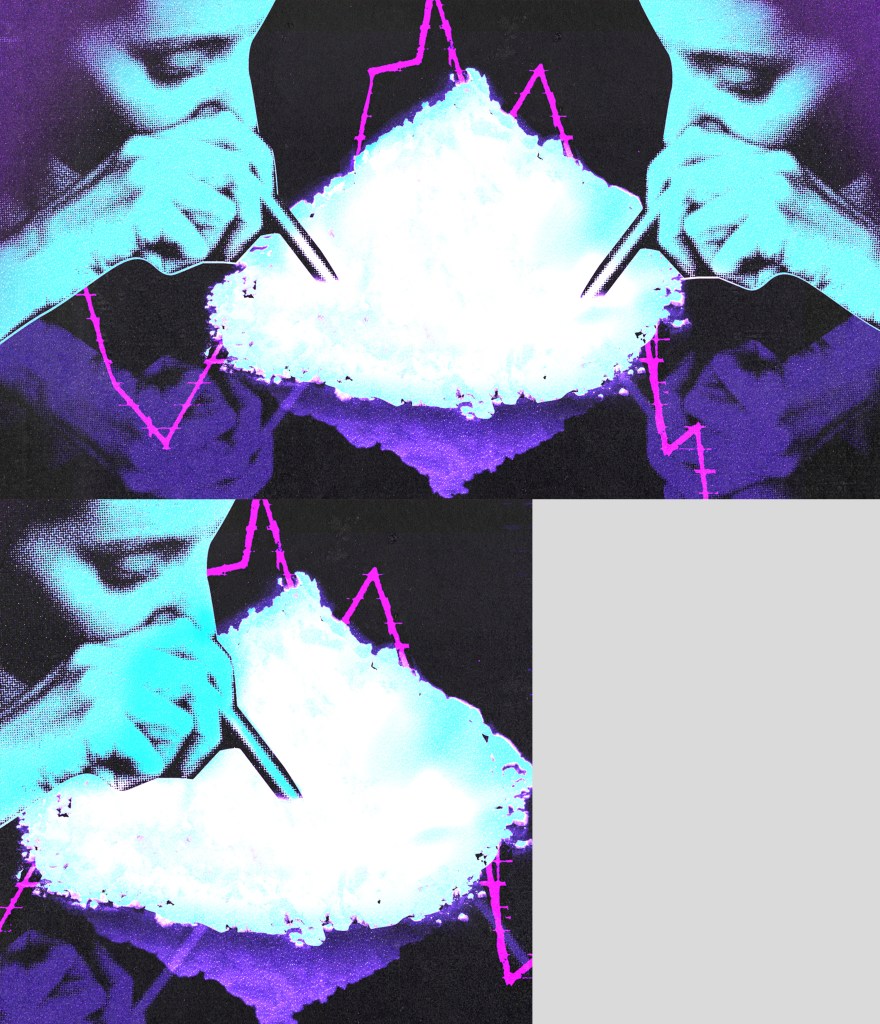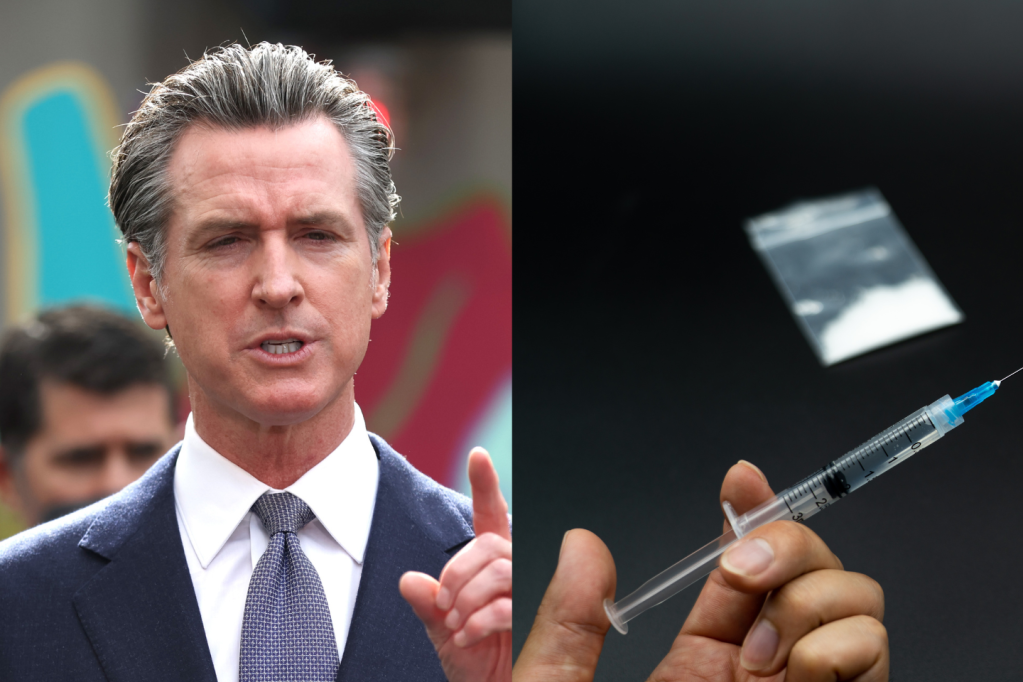
One of the cofounders of Double Double Land displays his new naloxone kit in the Kensington venue. All photos courtesy of Jon McCurley/Double Double Land
Casual drug users who normally do a bump of coke or take a pill of MDMA at a party on the weekend—people like you and me—are suddenly more susceptible to overdose because the deadly opioid fentanyl is increasingly being sold as or cut into recreational drugs. As venues and party organizers move toward the “safe space” mentality, making their stances on anti-harassment part of their mandates, what about the concern of keeping people safe by preventing overdose deaths?
Deaths due to opioids continue to increase every year in Canada. Hundreds have died across the country in 2016 alone in what one expert told VICE is the “worst drug safety crisis in Canadian history.” This has prompted some in the music scene in Toronto to intervene in order to keep their parties safe.
Videos by VICE
Double Double Land in Kensington Market is the first—and hopefully not the last—venue I have heard of in Toronto coming forth publicly to speak about keeping a naloxone kit on-site. Known as the opioid overdose antidote, an injection of naloxone can revive someone from an OD and save them from dying.
I met Jon McCurley and Daniel Vila in the graffitied alleyway that leads up to the second-floor venue they run to find out why they’ve decided to keep naloxone around. Once we got to the top of the steps and they showed me their new lighting setup, McCurley told me he first heard of fentanyl in a Silver Jews song. But when a recent news story about cocaine tainted with fentanyl causing multiple overdoses at a party in Barrie, Ontario started making the rounds on Facebook, they wanted to do something to protect party-goers in their venue.

A sign made by photocopying the directions that came with McCurley’s naloxone kit is displayed on a wall in Double Double Land
“We have had experiences of drugs being a problem [at Double Double Land]—people do drugs here because they party here. That’s not in our control,” McCurley said. “If people get hurt or get assaulted here, it’s like what prevention has been set? It’s that same thinking… It’s whatever we can do to make people feel more safe.”
Marjie Francis, who is an active member of Toronto’s punk scene, said she is thinking about getting additional kits for those running the door at an upcoming party she is organizing, which is also at Double Double Land. Her brother died from a fentanyl overdose in 2009, and since then, she has lost more friends to opioids—including three in the span of a year who died due to fentanyl.
“It’s all our responsibility! It falls on the whole community,” Francis told VICE. “It shouldn’t be a hard question… In some ways it’s no more complicated than keeping bandages around in case someone falls down because they’re drunk.”
There is a question, however, of where exactly the responsibility falls to provide naloxone at events: to the party-goer, the venue, the party organizers, or some combination of the aforementioned.
Vila and McCurley believe that since they run a venue, they should shoulder the responsibility.
“We’re the ones who are exposed to whatever sort of nefarious behaviour might happen here on a long-term scale, whereas some band that’s playing here, they’re not wondering if someone is going to OD at their show,” Vila told VICE. Both him and McCurley said that they haven’t had an overdose at Double Double Land, but that they have had issues with people who got too fucked-up and even had issues with multiple party-goers getting roofied at one point.
McCurley showed me the naloxone kit he had picked up earlier that day from a Shoppers Drug Mart and ran me through the instructions he had been given. However, he said that when he went to the Toronto Public Health program, The Works, earlier that day, he was turned away because he is not an opioid user. After that, he decided to go through the pharmacy-based naloxone dispensing program, which was announced in May and allows people to get kits for free without a prescription (though the program does carry certain restrictions). He went to three pharmacies before he was able to find one that carried the life-saving kits.
“[In the pharmacy,] they asked if I was a user, and I said no, that I run a venue, and then the man checked if it was OK… I doubt they’ve ever had to think about that before, and it seemed like they very well could have decided to say no,” McCurley told VICE.
READ MORE: How Ontario’s Opioid Overdose Strategy Is Failing Drug Users
While McCurley’s experience shows that Ontario’s naloxone program continues to have significant problems months after VICE investigated it, the guys from Double Double Land hope that them stepping forward and getting involved with this type of harm reduction encourages others in the scene to do the same. Already, both the co-director of the venue 8-11 and Bedroomer, an electronic music collective in Toronto, have expressed interest in getting naloxone kits for upcoming events.
“Odds are, we’re never going to have to use this thing, but we’re here,” Vila said. “And it makes sense that it would fall on us, have it here, and be the ones who know how to use it.”
Follow Allison Tierney on Twitter.



